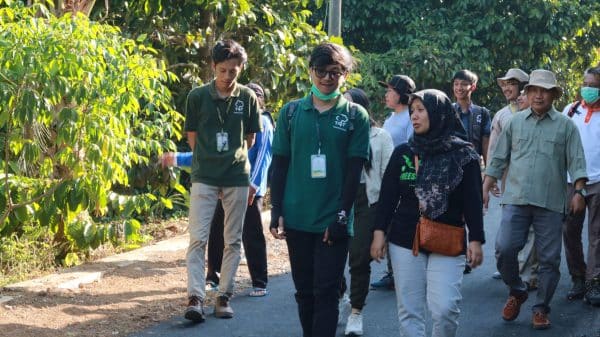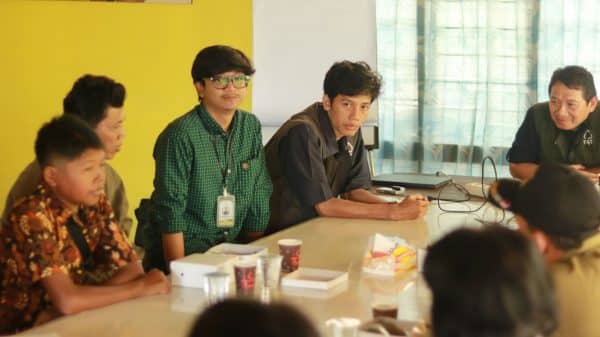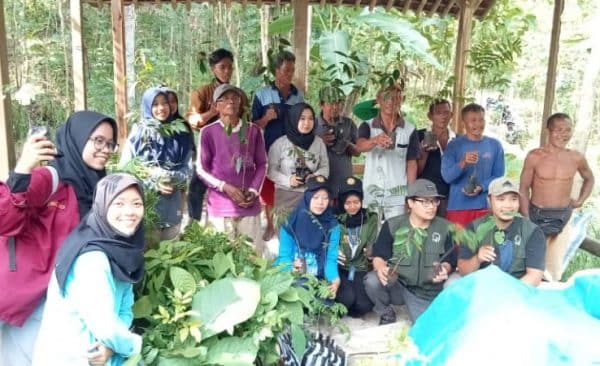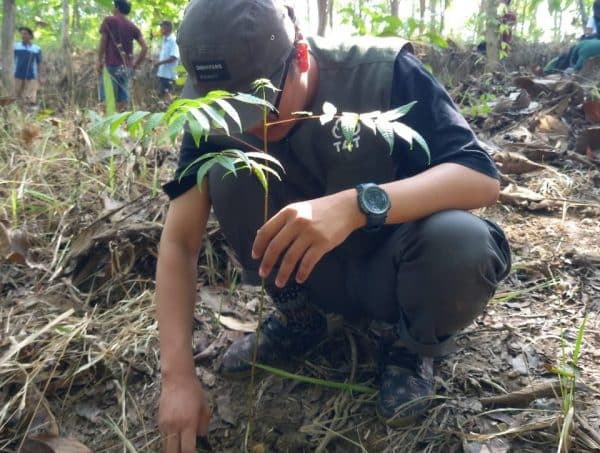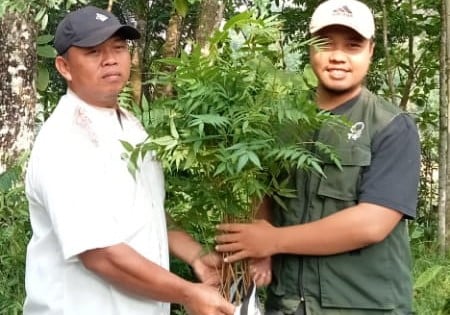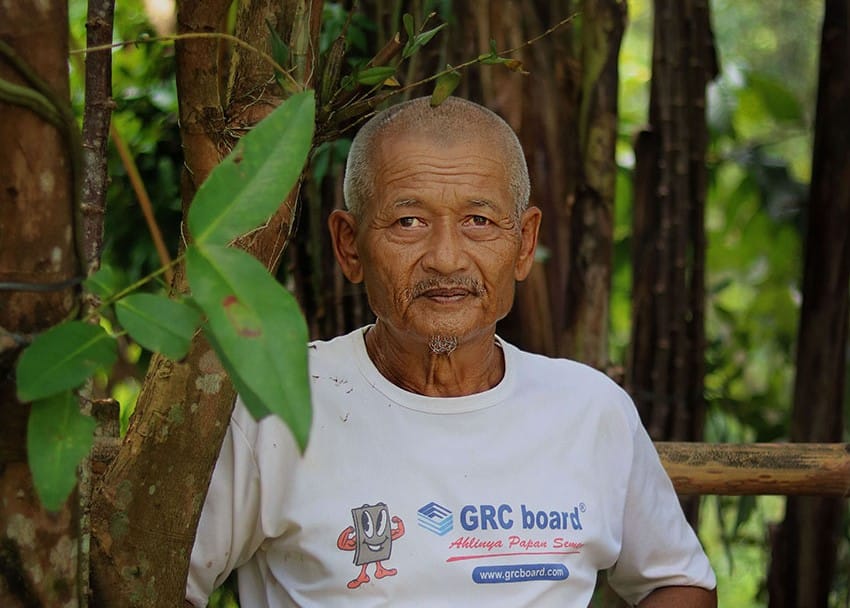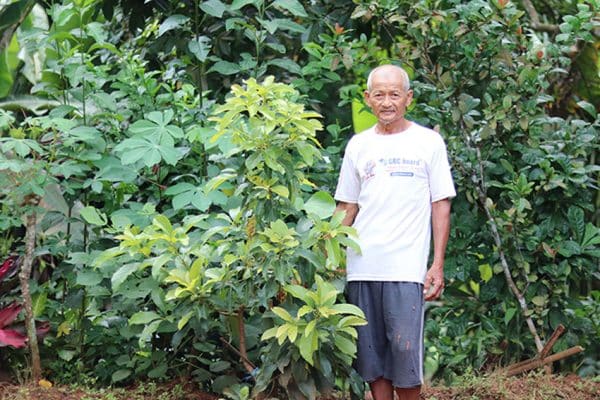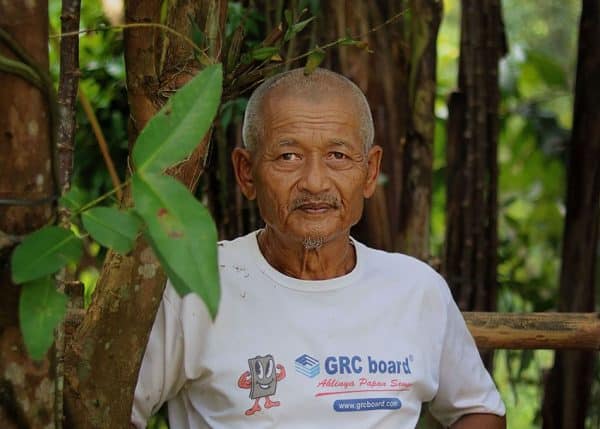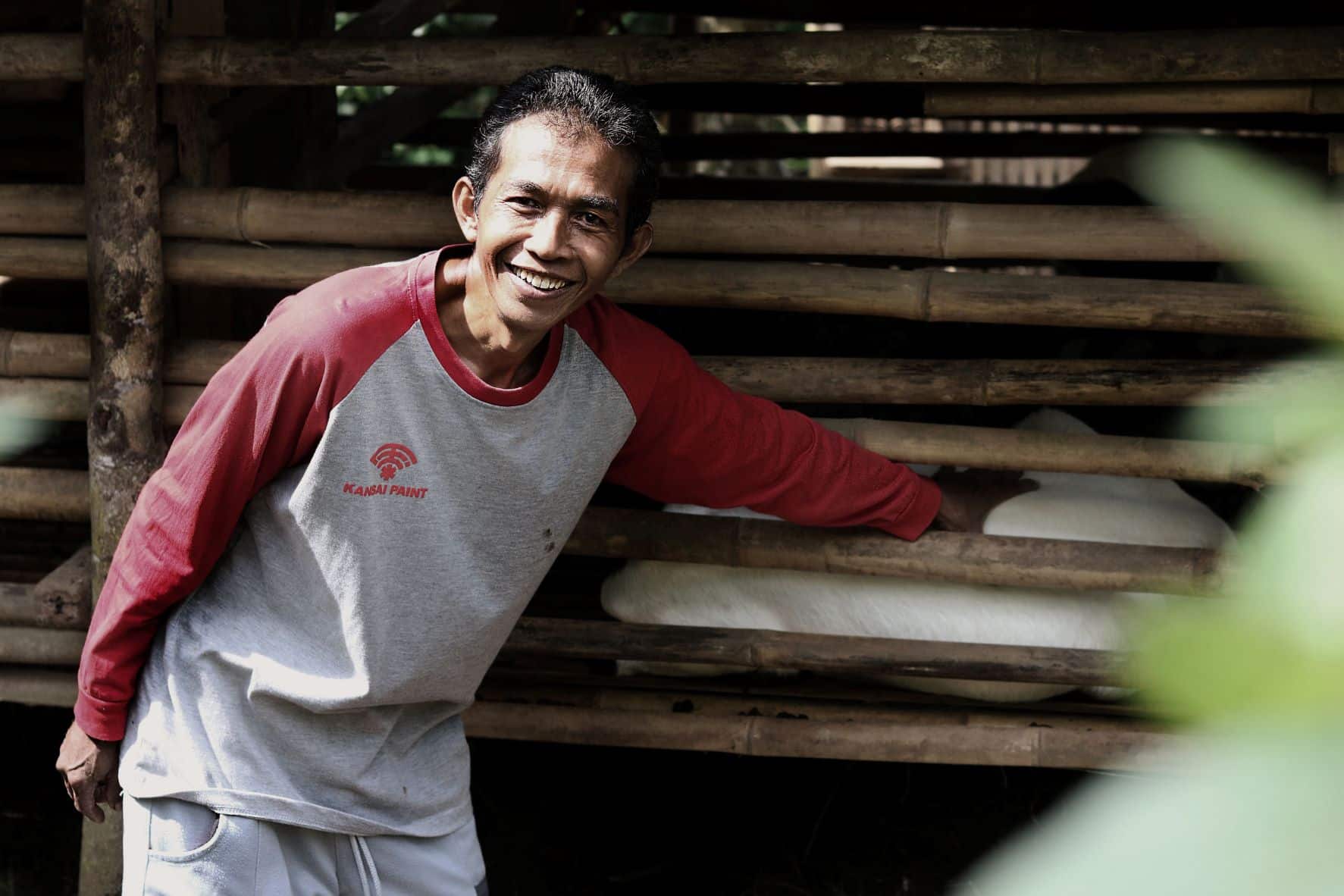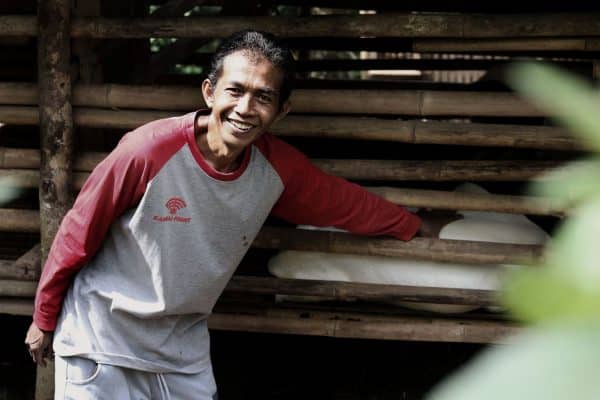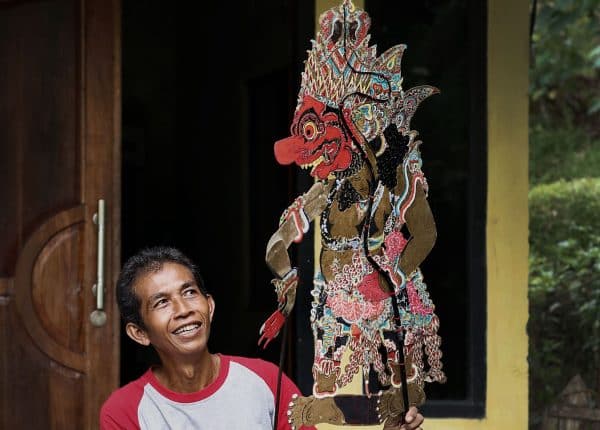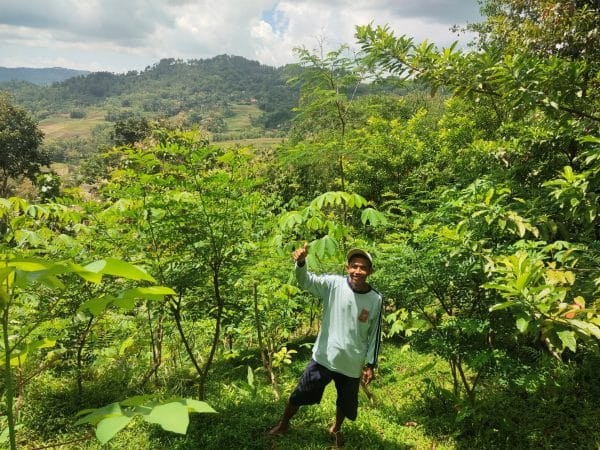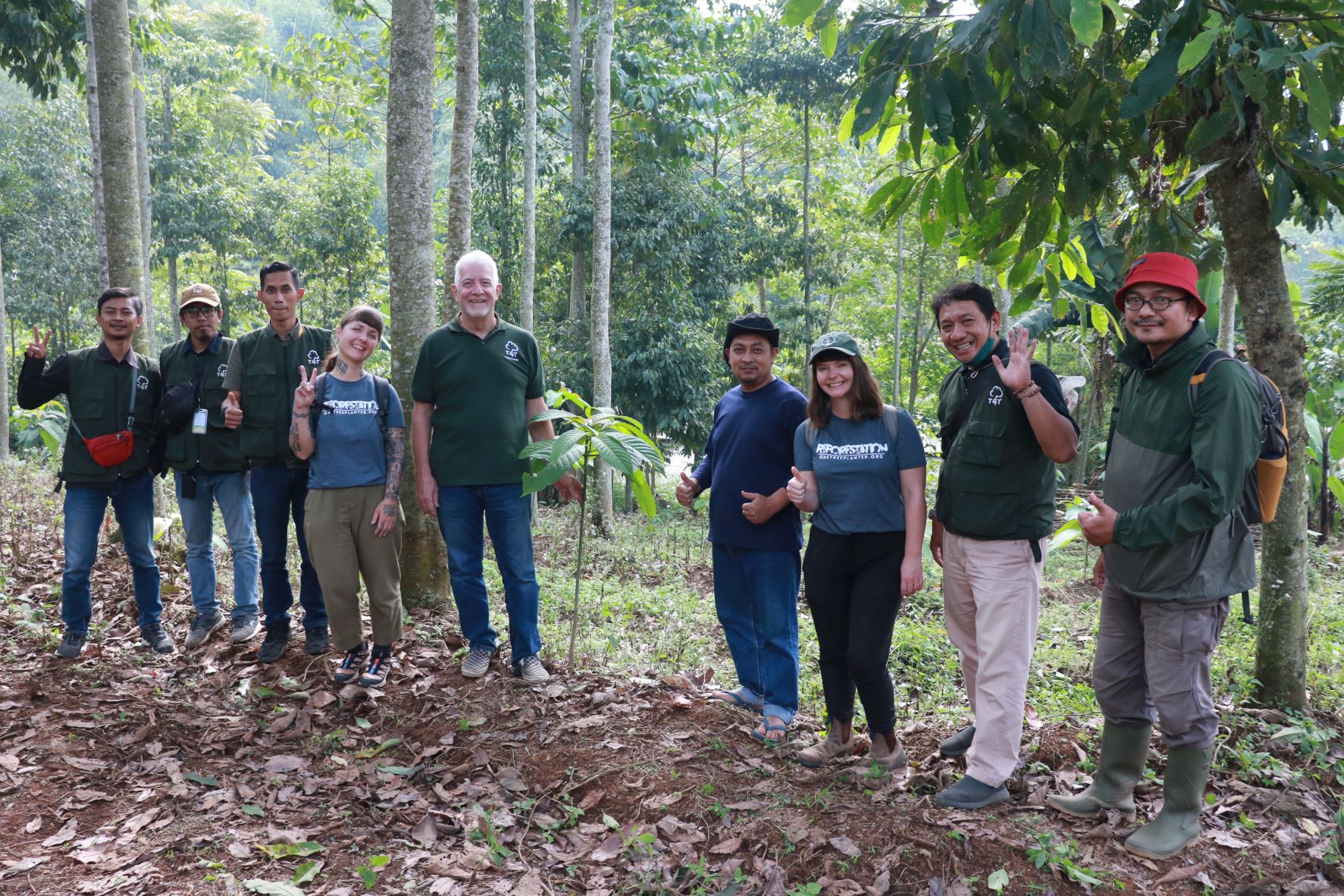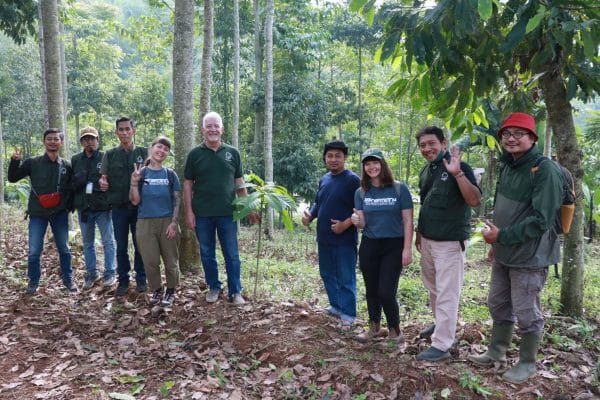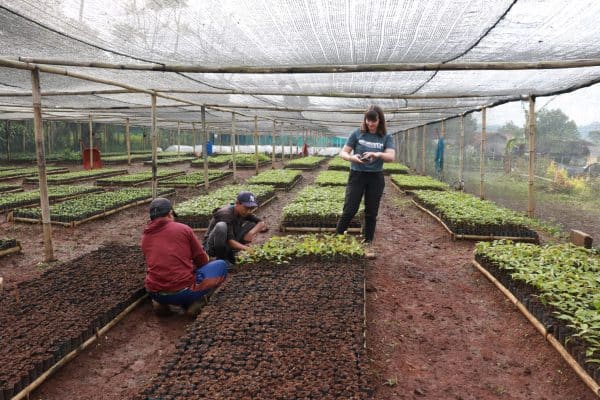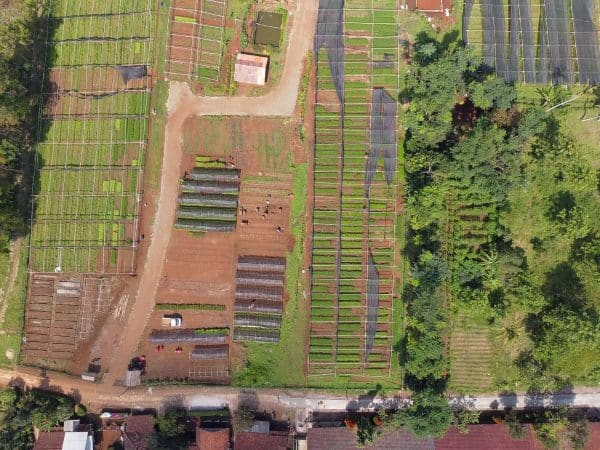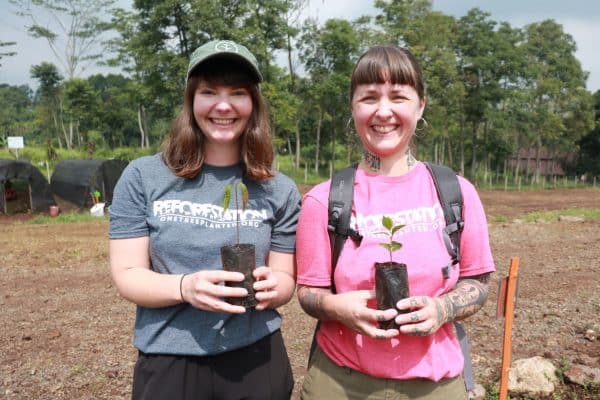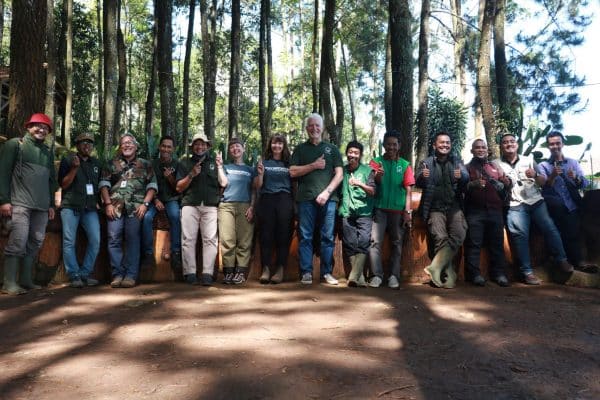Preventing Clean Water Shortages and Landslides in Kenteng Village

Water is important for living. However, not everyone accessible to get clean water. Even though it is located not far from a dam and rivers, ironically, Kenteng Village always experiences drought and lacks clean water every during the dry season.
In addition, the village which is located in Kebumen Regency, Central Java, Indonesia is also prone to landslides during the rainy season.
Hard to get clean water during the dry season
Ginardi, the secretary of Kenteng Village said that drought always occurs in his village during the dry season. “When the dry season lasts more than two months, the water will be harder to get. People must go to the nearest springs to get clean water for their daily needs. Most of springs are located about two kilometers away,” he said.
Arif, a villager of Kenteng also told the same story about the clean water problem he has been experiencing for the last ten years. He has lived in the village since 2012. For a decade living in the village, Arif must queue for hours to get clean water like other villagers when the dry season comes. “In the long dry season, usually we don’t sleep at night because we must queue in the water spring to get clean water. I can queue from 10 PM to 3 AM,” Arif said.
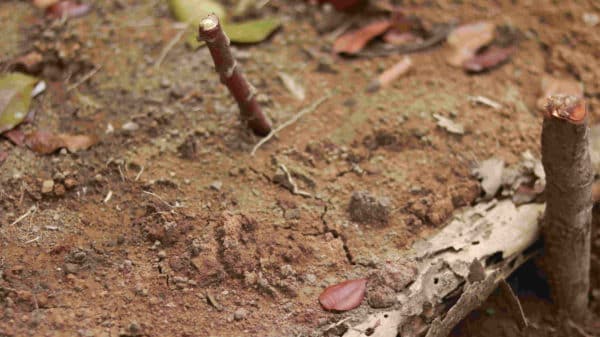
The location of the springs is not easily accessible making the effort to get clean water to become much harder. “During the dry season, not many springs have much water coming out. From the nearest springs that have water availability, we have to carry the water manually on our shoulders to the village’s main road. Then we transport the water by motorcycle to our house. If the dry season is longer, it is even more difficult, but we do not have another choice,” he said.
Threatened by landslides during the rainy season
The clean water might be easier to get when the rainy season comes. However, this does not mean that the village free from other environmental problems. A landslide is also a potential disaster that endangers the village during the rainy season.
Farmer group leader of the village, Rokhimin revealed that several areas in the village are prone to landslides due to the soil structure. In 2017, a tremendous landslide destroyed houses, a mosque, and cattle in the village. “We are worried that landslides will occur again. Because not just one location that is prone to landslide in the village, but there are many,” added Rokhimin.
Although the villagers have planted trees and crops in the former landslide area, there has been no ecological prevention of landslide recurrences. Most of the farmers do not know what types of trees they have to plant that can prevent landslides.

“The results from our study and survey show that Kenteng Village has a large critical area. The stakeholder of the village also conveyed that there are environmental problems. A destructive landslide occurred in 2017 and droughts in every dry season. That’s why we need to plant trees here. Trees4Trees targets to plant 20,000 trees in this village, “said Faris, unit manager of Trees4Trees Kebumen.
Planting 20.000 trees for environmental rehabilitation

The two ecological problems are very affecting the villagers’ life, especially to meet their daily needs. So the villagers hope they can plant trees that are able to prevent erosion and maintain the availability of water as well as improve their income by harvesting the results.
“The villagers are enthusiastic about the tree-planting plan. We are hoping by planting more trees, the problems in this village are slowly solved,” concluded Ginardi.
Arif also expects tree species that have the ability to store a lot of water can be planted around the springs to restore the water sources. “I hope there will be no more problems with accessing clean water in this village, even in the dry season.”
To help the villagers to plant trees in the village, Trees4Trees is inviting you to take part in #GivingTuesdayForTree campaign and GIVING TREES for Kenteng village from 7 to 29 November 2022. You can donate trees through GIVING TUESDAY
Author: V. Arnila Wulandani
Photos: Yulianisa Dessenita



